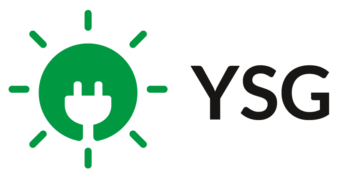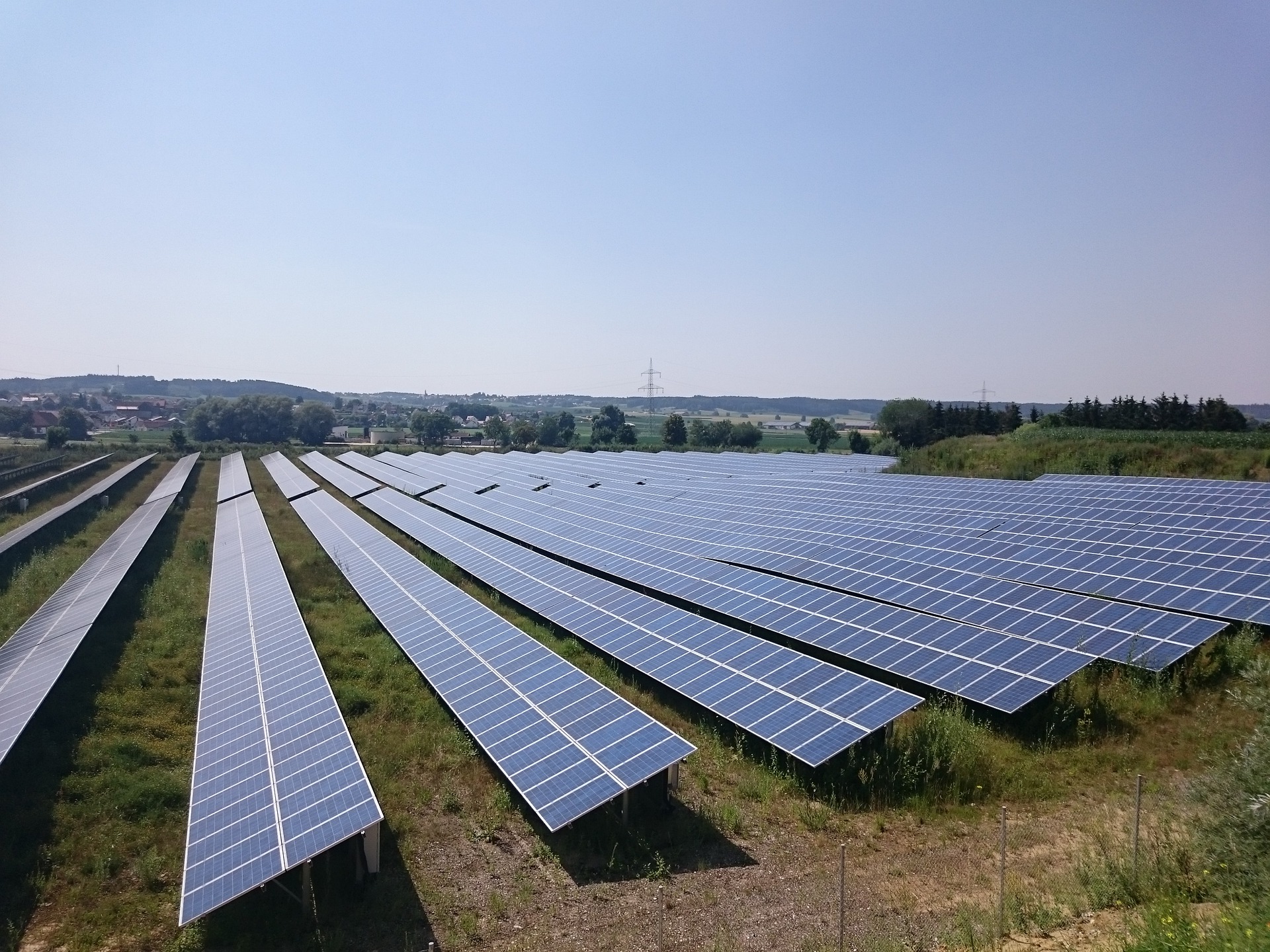So you have received a letter in the mail offering you more money than you could imagine to lease your unused land for a solar farm. As local policies have evolved in the past few years we are seeing increased development and construction of solar farms.
In general, large solar panel systems, that are selling all electricity back to the grid instead of off-setting electrical load on-site, are called ‘Solar Farms’. Other names include:
- Solar Gardens
- Community Solar Systems
- Solar Generating Facilities
- Solar Parks
This article is by YSG Solar, a project developer, and is written in an objective way based on general information that we have seen in the market over the last decade.
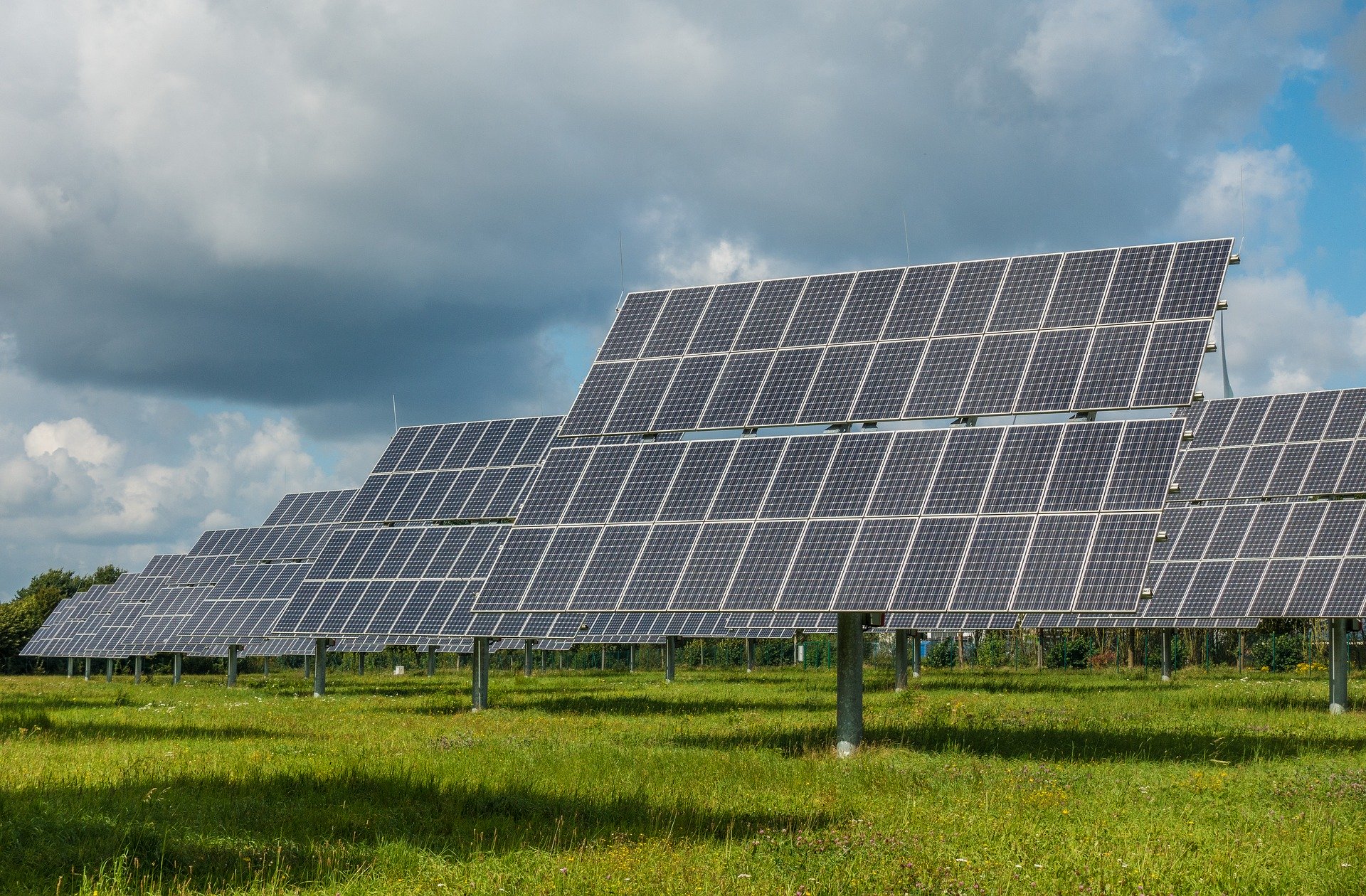
#1. Is my solar developer reputable?
Just like any other sector you want to avoid being the first project your developer has built. Find out how many solar farms your developer has constructed and how long they have been in business. Developing solar farms requires millions of dollars and a large, experienced staff to properly deploy the project.
#2. Is that the actual dollar amount I will receive for leasing my property?
Certain solar developers may provide you with a high price to get you to sign a letter of intent or a lease agreement—only for you to find out months later that you must accept a much lower offer or your project will not get built. At this point, you will have invested a lot of time and incurred legal costs from negotiating your lease agreement, so you may be backed into a corner. All solar developers have the same costs so if something sounds too good to be true—it most likely is.
#3. Is it better to lease or sell?
This is entirely based on your personal preference with regards to the land. Certain developers will negotiate an option to purchase your property after a few years of leasing the land. This allows both parties to enjoy both benefits.
#4. Should I wait to see if lease rates go up?
As solar policies are now at an all-time high, waiting longer just means you may get a lower price for your land in the future. Notably, the Federal Tax Credit is decreasing at the end of 2020 and many other policies are adjusting as well. Leasing your land is a business for solar farm developers. They must meet certain payback periods to support their investors and the lease rates paid to landowners are one of the first items to drop, especially with such a surplus of land around the country to build solar farms.
#5. Should I speak to a few different solar developers?
Yes. As with many other items, it pays to speak to a variety of industry professionals so that you can feel comfortable with who you end up working with.
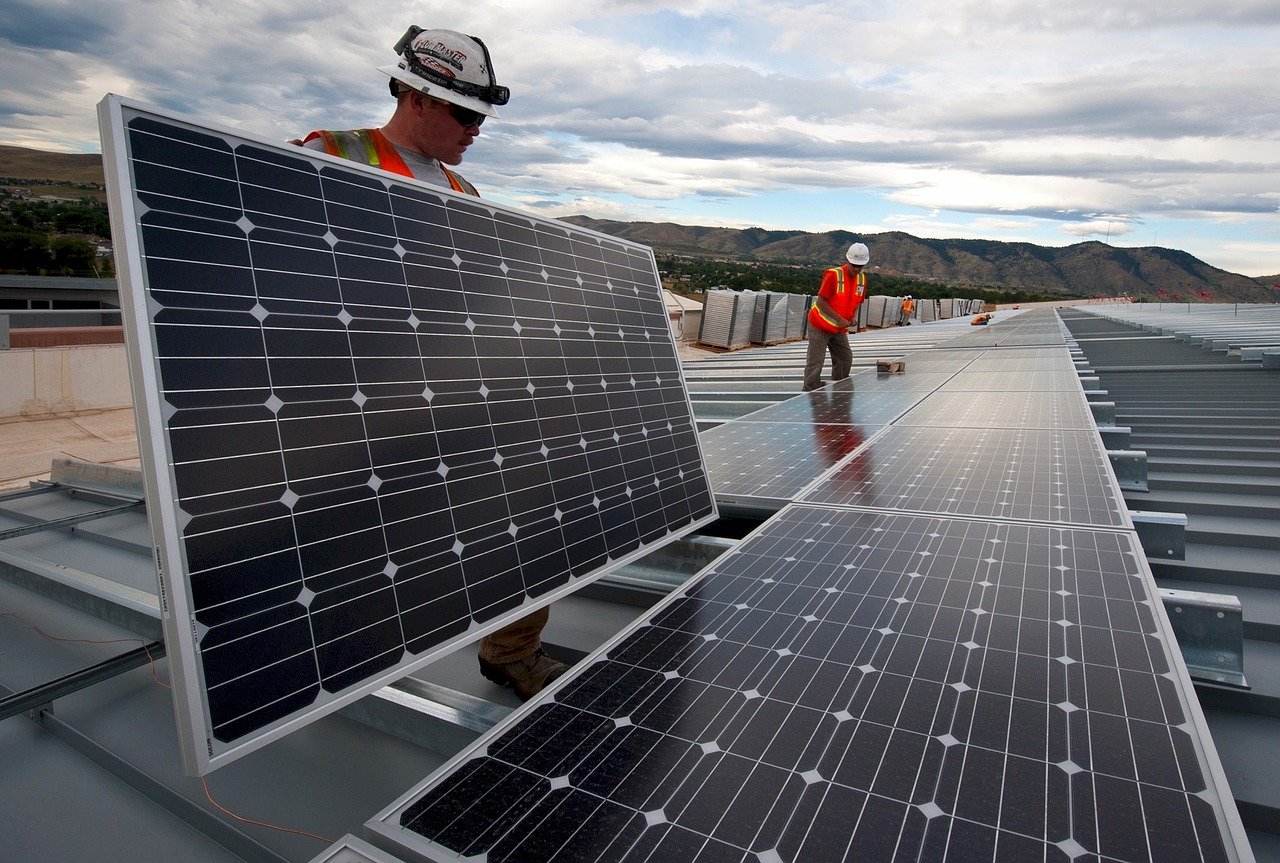
#6. Who is responsible for paying property taxes?
Property taxes may add up to become a huge expense, especially after constructing a solar system that costs millions of dollars on your parcel. Review your lease agreement to ensure that you understand who is responsible for these payments. Traditionally, the project developer is responsible for paying property taxes associated with the leasehold interest.
#7. Am I dealing with the owner or a broker?
A direct line of communication with the solar developer in question is the best approach, as it allows you to develop a relationship with the company. This is important for establishing trust, as most solar farm leases are long-term agreements and you will be working together for some time.
#8. Who will maintain the solar farm?
Traditionally, the responsibility of maintaining the solar equipment lies with the solar project developer who should be vastly experienced in O&M. Again, as with many aspects of a solar farm project, it’s important to review the lease agreement to ensure that the developer is meeting your expectations.
#9. What risks are involved for the property owner?
Mainly, wasting time and spending legal fees to negotiate a lease agreement when the developer is unable to deliver on the commitments. After the solar farm is operating there are not many risks associated with the projects. This is because solar projects involve many institutional investors, which makes the probability of default on lease payments highly unlikely.
#10. Will it cost me any money to lease my land for a solar farm?
It shouldn’t. The solar developer is paying you, the landowner, to lease your property in order to house a large solar panel array. This shouldn’t incur costs on your end. As noted above, the project developer is generally responsible for payment of property taxes relating to the solar lease, but be sure to clarify this with your lawyer ahead of any agreement.
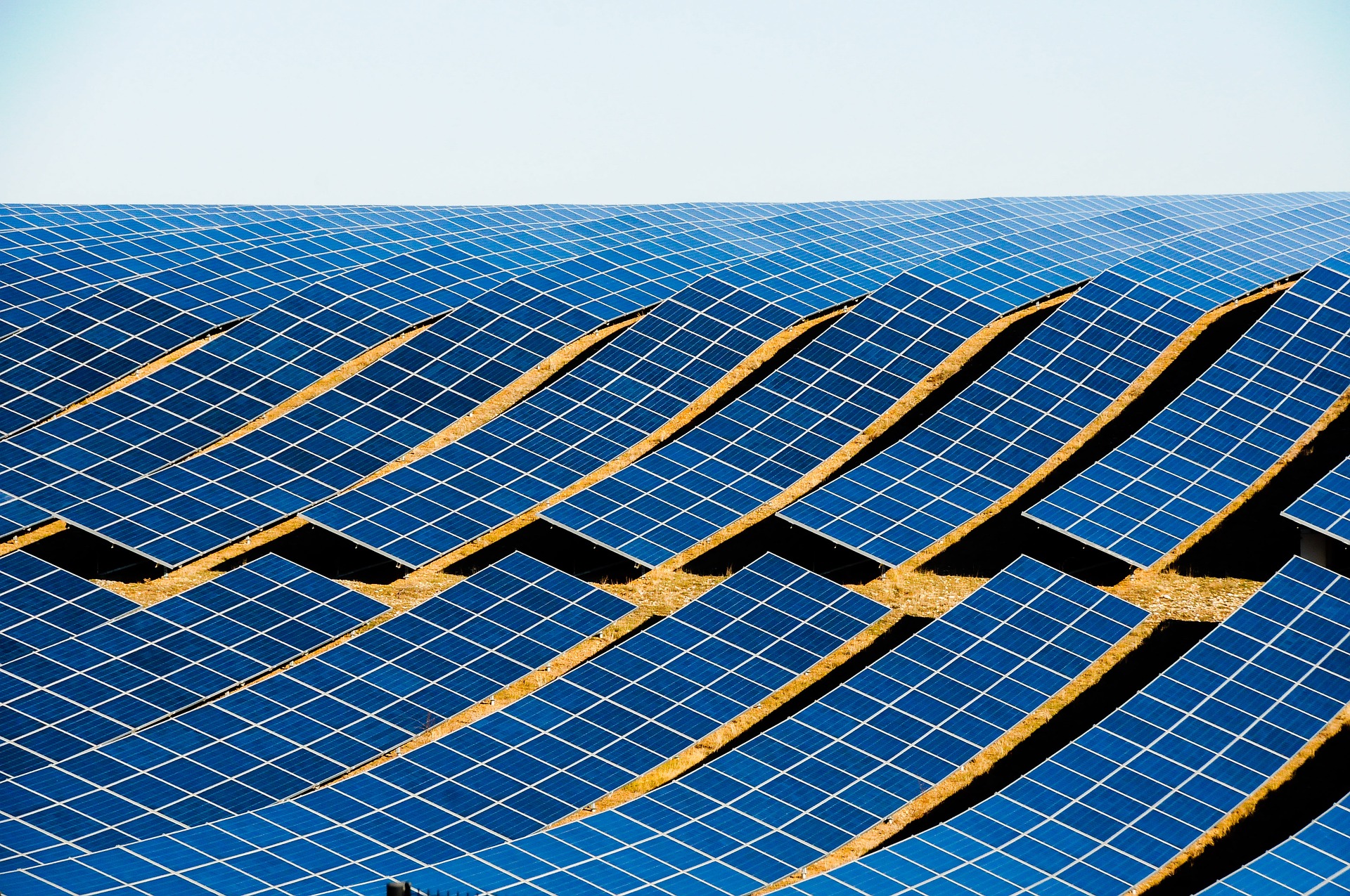
Solar Farms can be broken up into two categories:
DG Scale Solar Farms
DG or distributed generation solar farms are connected to the distribution system. These are usually three-phase utility feeders that may be 13.2 kV or 34 kV. DG Scale Solar Farms range in size from 1 MW to 10 MW with a total footprint of 5 acres to 60 acres.
Utility-Scale Solar Farms
Utility-scale solar farms are connected to transmission lines and usually average at about 20 MW all the way up to 700 MW. The big difference between utility and DG solar farms is that utility-scale solar farms are connected to transmission lines instead of distribution lines.
To lease your property for a solar energy project, contact YSG Solar today. YSG will walk you through the entire process from start to finish, so you can focus on your new income stream. Send us an email, or call at 212.389.9215 to get started.
YSG Solar is a project development vehicle responsible for commoditizing energy infrastructure projects. We work with long-term owners and operators to provide clean energy assets with stable, predictable cash flows. YSG's market focus is distributed generation and utility-scale projects located within North America.
Sources:
